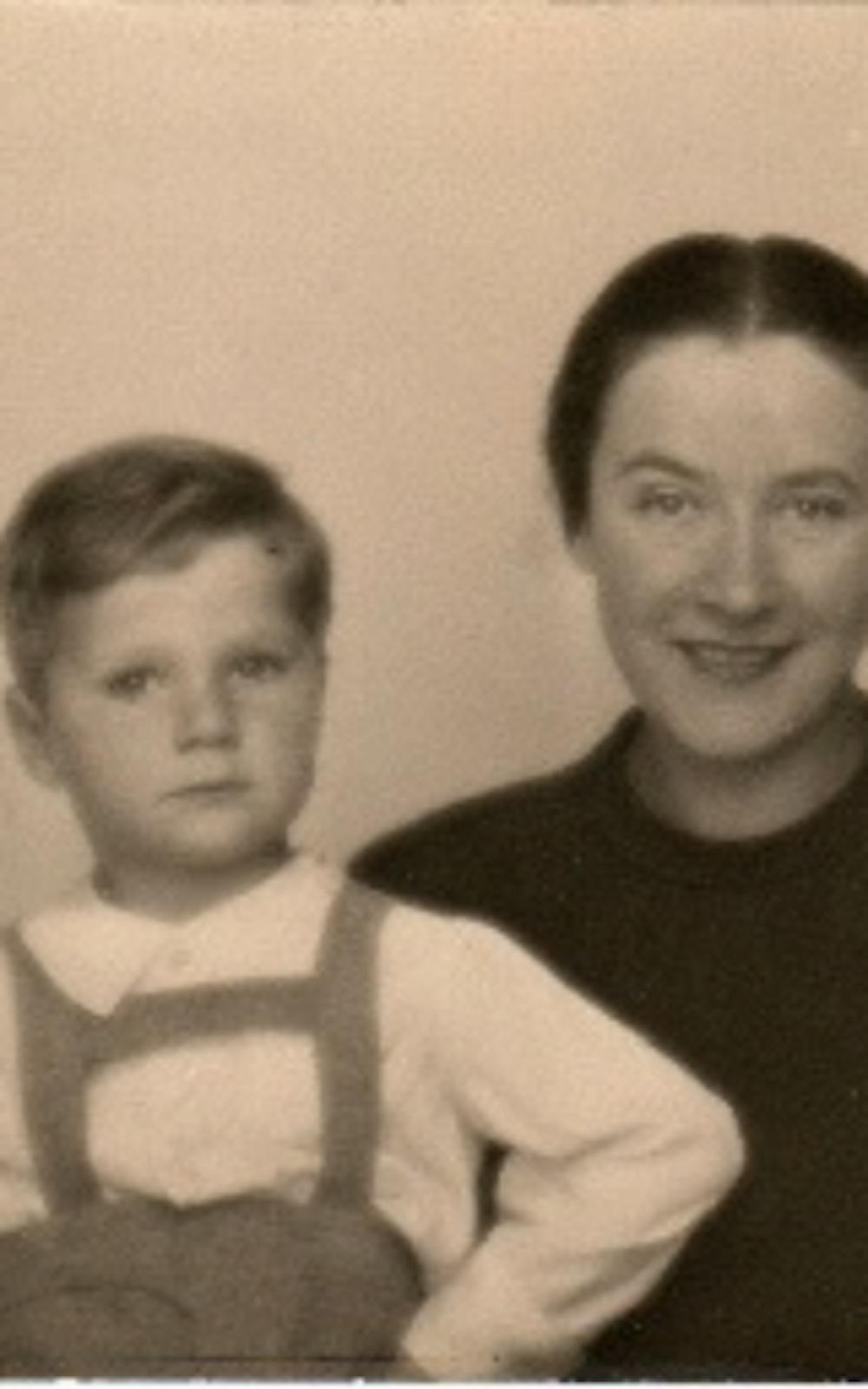Learn more about the Meyer Lecture
This lecture series is offered in memory of Bruce F. and Ildiko B. Meyer.
Bruce Meyer served as dean of the Honors College from 1996 until his death in 1998. His wife, Ildiko, earned a master’s degree in psychology from Ball State and was a school psychologist for New Castle and Muncie Community Schools.
Source: Ball State Communications Center
On Monday, April 4, Holocaust survivor Frank Grunwald will present the 2022 Fred Meyer lecture on behalf of the Ball State University Honors College.
Grace Carman, public relations and advertising major, wrote the following announcement about the lecture:
This lecture, scheduled for 4 p.m. in Art and Journalism Building room 175, will educate students with stories of Grunwald's loss, perseverance, survival and love of the arts. Music, Grunwald said, gave him the hope and conviction to survive the horrors of the Nazi regime.
Born in 1932, Grunwald was only 6 years old when German troops invaded his homeland of Czechoslovakia, and he was only in second grade when he and his older brother John were removed from school for being Jewish.
In 1942, amid growing anti-Semitic attitudes, the Grunwald family, including Frank’s mother, father and John, were sent to the concentration camp Terezin Ghetto, and in 1943, they were transferred to Auschwitz, a concentration and extermination camp in Poland. Within the camp, Frank and John worked for the crematorium, where he said they were often covered in human ash from the gas chambers.
Frank Grunwald’s mother, Vilma, and brother John were killed in the camp’s gas chambers July 11, 1944. Not long after, Grunwald was separated from his father, Kurt, and sent to the Mauthausen concentration camp. He survived another three consecutive transfers.
Grunwald was liberated by the U.S. Army on May 4, 1945, from the Gunskirchen concentration camp near Linz, Austria. Grunwald reconnected with his father, and the two later immigrated to the United States.
Grunwald said it was difficult to survive two death marches and multiple concentration camps, but he credits his resilience to music and art.
"Music became very significant for me when I was in the camps,” Grunwald said to Ball State Honors College Professor Galit Gertsenzon in summer 2020. “I used music as a means to transport me from the sadness and oppression I was facing. I think that, like me, many people sang, played — even hummed — hoping that by connecting to music, they would transform into a new, positive state of mind than the one we all experienced at that time.”
In 2012, Grunwald produced a documentary, “Misa’s Fugue,” which narrates his life story through the Holocaust with interviews, artwork and his collection of historical family photographs. Grunwald will explore his experiences with survival and the hope music provided him and others in the Meyer Lecture April 4.
For more information about this lecture, those interested can email Gertsenzon at ggertsenzon@bsu.edu.





